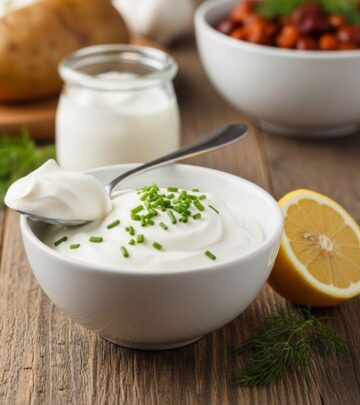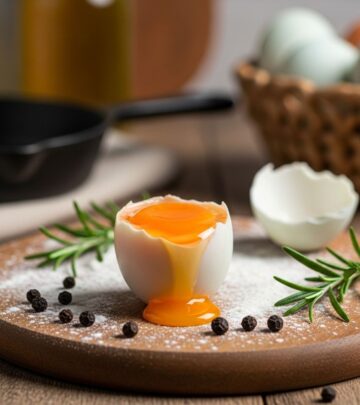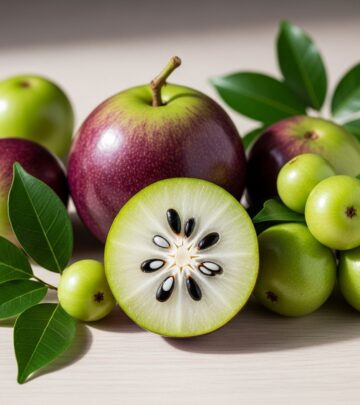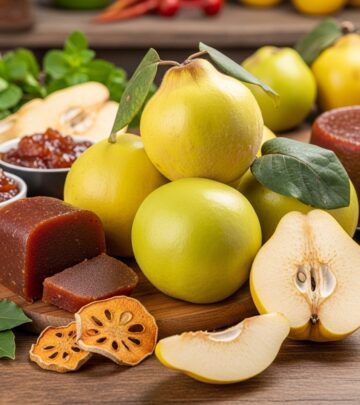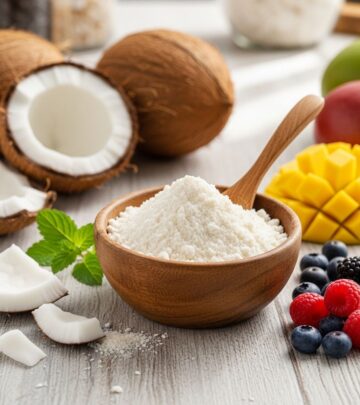Top Essential Oils for Anxiety: A Comprehensive Guide
Soothe restless thoughts with nature’s most effective fragrances for everyday calm.
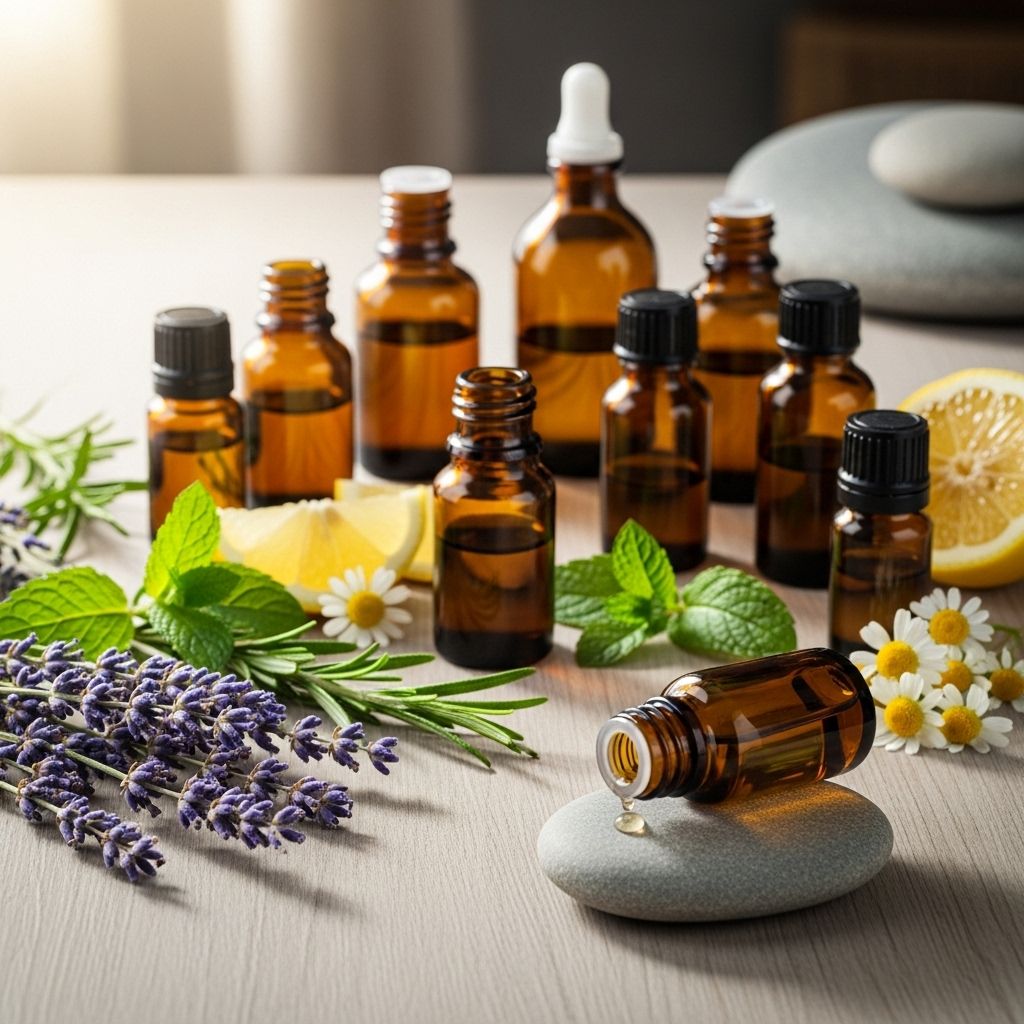
Anxiety is a common emotional response in today’s fast-paced world, affecting millions globally. Many people are turning to natural solutions, such as essential oils, to help soothe anxious thoughts, promote relaxation, and restore balance. This guide explains the science behind aromatherapy, reviews the most effective essential oils for anxiety, and provides practical tips for using them safely and effectively.
Understanding Anxiety and Aromatherapy
What is Anxiety? Anxiety is a feeling of unease, worry, or nervousness that can vary in severity and may affect daily life. While some level of anxiety is normal, persistent or excessive anxiety may require management or treatment.
How Aromatherapy Helps
- Aromatherapy is a holistic healing practice using natural plant extracts (essential oils) to support physical and emotional wellbeing.
- Inhalation or topical application of essential oils stimulates the olfactory system, which is directly linked to the brain’s limbic system — the area responsible for emotions and memory.
- Certain essential oils contain compounds that can produce calming, sedative, or uplifting effects, helping to reduce anxiety symptoms.
The Science Behind Essential Oils for Anxiety Relief
Several clinical studies and systematic reviews demonstrate the effectiveness of aromatherapy for anxiety:
- A 2023 systematic review found essential oils—most notably citrus (Citrus aurantium L.), damask rose (Rosa rugosa), and lavender (Lavandula angustifolia)—to be effective in reducing both state and trait anxiety.
- Lavender essential oil consistently shows the strongest evidence for anxiety relief and has effects comparable to some prescription anti-anxiety medications.
- Other oils such as bergamot, chamomile, and clary sage are also supported by smaller studies for their anxiolytic effects.
While aromatherapy may benefit many, results can differ from person to person, and it should not replace medical advice for severe anxiety disorders.
15 Best Essential Oils for Anxiety and Stress Relief
Below is a carefully curated list of essential oils that have demonstrated effectiveness in alleviating anxiety, with details on their unique properties, usage, and research support.
1. Lavender Oil
- Scientific Name: Lavandula angustifolia
- Benefits: Deeply calming, helps reduce anxiety and promote restful sleep.
- Research: Shown in multiple studies to have effects similar to some anti-anxiety medications; reduces blood pressure, heart rate, and serum cortisol.
- How to Use: Diffuse, add to a warm bath, or apply (diluted) to pulse points.
2. Bergamot Oil
- Scientific Name: Citrus aurantium var. bergamia
- Benefits: Uplifts mood, reduces physiological stress, and calms the mind.
- Research: Inhalation lowers heart rate and blood pressure, especially effective for those with moderate to high anxiety.
- How to Use: Diffuse for 10–15 minutes or inhale directly from a tissue.
3. Rose Oil
- Scientific Name: Rosa damascena (Damask rose)
- Benefits: Induces feelings of comfort and relaxation, relieves stress and anxiety.
- Research: Exhibits moderate impact on reducing anxiety in clinical evaluations.
- How to Use: Add a few drops to a carrier oil for massage or use in a diffuser.
4. Clary Sage Oil
- Scientific Name: Salvia sclarea
- Benefits: Eases tension, uplifts mood, helps with hormonal fluctuations that can trigger anxiety.
- How to Use: Diffuse or apply (diluted) over the abdomen or wrists.
5. Chamomile Oil
- Scientific Name: Matricaria recutita (German) / Chamaemelum nobile (Roman)
- Benefits: Promotes relaxation, soothes nerves, and supports restful sleep.
- How to Use: Inhale steam with a few drops or diffuse before bedtime.
6. Frankincense Oil
- Scientific Name: Boswellia carterii
- Benefits: Calms the mind, grounds emotions, supports meditation and mindfulness.
- How to Use: Add to a carrier oil and apply to chest or diffuse during relaxation.
7. Ylang Ylang Oil
- Scientific Name: Cananga odorata
- Benefits: Reduces mental fatigue and nervousness, has a sweet floral scent known to promote joy.
- How to Use: Diffuse in the morning or add to personal fragrance blends.
8. Lemon Oil
- Scientific Name: Citrus limon
- Benefits: Uplifts mood, relieves symptoms of stress, and improves focus.
- Research: Shown to have a moderate-to-large effect on anxiety reduction.
- How to Use: Diffuse or add to surface cleaning routines for an energizing scent.
9. Jasmine Oil
- Scientific Name: Jasminum officinale
- Benefits: Soothes nervous system, mitigates symptoms of restlessness, enhances emotional wellbeing.
- How to Use: Inhale directly or use in bath blends.
10. Geranium Oil
- Scientific Name: Pelargonium graveolens
- Benefits: Balances mood swings, supports hormonal health, and reduces feelings of tension.
- How to Use: Diffuse or apply (diluted) to skin.
11. Vetiver Oil
- Scientific Name: Vetiveria zizanoides
- Benefits: Deeply grounding, helps manage panic attacks, and provides a sense of stability.
- How to Use: Add to massage oil or inhale before sleep.
12. Patchouli Oil
- Scientific Name: Pogostemon cablin
- Benefits: Reduces symptoms of anxiety, supports emotional equilibrium, earthy calming scent.
- How to Use: Blend with lavender and diffuse, or use in personal perfumes.
13. Sandalwood Oil
- Scientific Name: Santalum album
- Benefits: Instills deep relaxation, often used in meditation.
- How to Use: Diffuse during meditation or apply a diluted drop to the forehead.
14. Orange (Sweet Orange) Oil
- Scientific Name: Citrus sinensis
- Benefits: Lifts mood, relieves stress, infuses spaces with fresh, cheerful aroma.
- How to Use: Inhale directly or diffuse in social spaces.
15. Marjoram Oil
- Scientific Name: Origanum majorana
- Benefits: Soothes overactive thoughts, encourages relaxation and deeper sleep.
- How to Use: Add to an evening bath or apply on feet (diluted).
How to Use Essential Oils for Anxiety
The way you use essential oils can affect their benefits. Here are the most popular methods:
- Diffusion: Use a diffuser to disperse oil molecules into the air for inhalation.
- Direct inhalation: Place a drop on a cotton ball or tissue and inhale deeply.
- Topical application: Always dilute with a carrier oil (like coconut or jojoba oil) before applying to skin. Focus on wrists, temples, or behind the ears.
- Baths: Add a few drops (mixed with a carrier or bath salt) to warm bathwater.
- Massage: Blend a few drops into a carrier oil for a soothing massage to relieve muscle tension and stress.
| Method | Best Use | Precautions |
|---|---|---|
| Diffusion | Ambient relaxation, meditation, sleep | Avoid prolonged exposure (max 60 min at a time) |
| Topical | Targeted relief, pulse points | Always dilute; do a patch test |
| Bath | Whole-body relaxation | Mix with carrier oil or salt to avoid skin irritation |
Safety and Precautions
- Always dilute essential oils before applying to skin to avoid irritation or allergic reactions.
- Do not ingest essential oils unless under strict medical supervision, as many are toxic if swallowed.
- Pregnant or nursing women and those with medical conditions should consult a healthcare professional before using essential oils.
- Test for allergies by applying a diluted amount to a patch of skin and waiting 24 hours for any reaction.
- Keep oils away from eyes, mucous membranes, and sensitive areas.
Tips for Buying and Storing Essential Oils
- Look for 100% pure, therapeutic-grade oils from reputable brands.
- Check the botanical name on the label to ensure you’re getting the right species.
- Store oils in dark glass bottles away from direct sunlight and heat to preserve potency.
- Essential oils do not expire, but most are best used within 1–3 years of opening.
Frequently Asked Questions (FAQs)
Can essential oils really help with anxiety?
Research indicates that certain essential oils, especially lavender, bergamot, citrus, and damask rose, are effective as part of a holistic routine for reducing anxiety symptoms. Effects vary by individual, and severe anxiety should be managed with professional support.
What is the best essential oil for anxiety?
Lavender oil has the strongest research backing for anxiety relief. Citrus and damask rose oils also show significant effects.
How quickly do essential oils work for anxiety?
Many people feel relaxed within minutes of inhalation or topical use. However, for chronic anxiety, essential oils are most effective as part of a regular self-care practice.
Can I use multiple oils together?
Yes, blending can enhance effects and create unique aromas. Lavender combines well with bergamot, citrus, and clary sage for balanced calming blends.
Are there side effects?
When used properly, side effects are rare and usually limited to mild skin irritation. Always dilute and patch test. Some people may be sensitive to certain oils, so monitor for any adverse reactions.
Is aromatherapy safe for children and pets?
Caution is advised. Some oils (like tea tree or eucalyptus) are not safe for young children or certain animals. Always consult a pediatrician or veterinarian and use child-safe blends at half-strength.
How long does the effect of aromatherapy last?
Aromatherapy is most effective for short-term relief (under four weeks), after which olfactory receptors may become less responsive.
Conclusion
Essential oils offer a gentle, natural approach to managing mild to moderate anxiety. With a variety of options—lavender, citrus, rose, and more—you can find scents and blends that help calm the mind, uplift mood, and restore emotional balance. Used safely and with intention, aromatherapy can be a supportive part of a holistic self-care plan. For severe anxiety or ongoing distress, always seek guidance from a qualified healthcare professional.
References
- https://pmc.ncbi.nlm.nih.gov/articles/PMC10267315/
- https://www.frontiersin.org/journals/public-health/articles/10.3389/fpubh.2022.853056/full
- https://achs.edu/blog/depression-and-anxiety-can-essential-oils-help/
- https://pmc.ncbi.nlm.nih.gov/articles/PMC8125361/
- https://www.medicalnewstoday.com/articles/324478
Read full bio of medha deb


